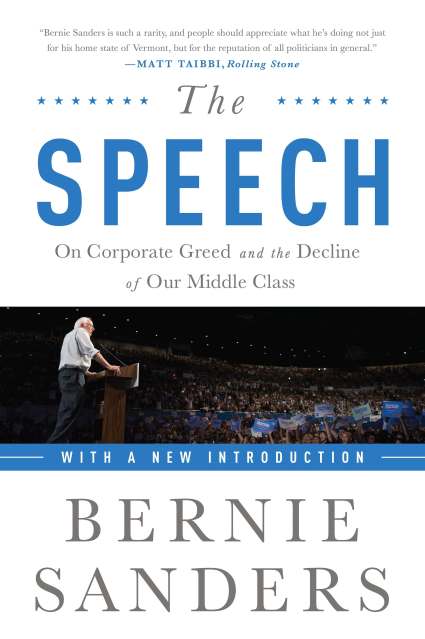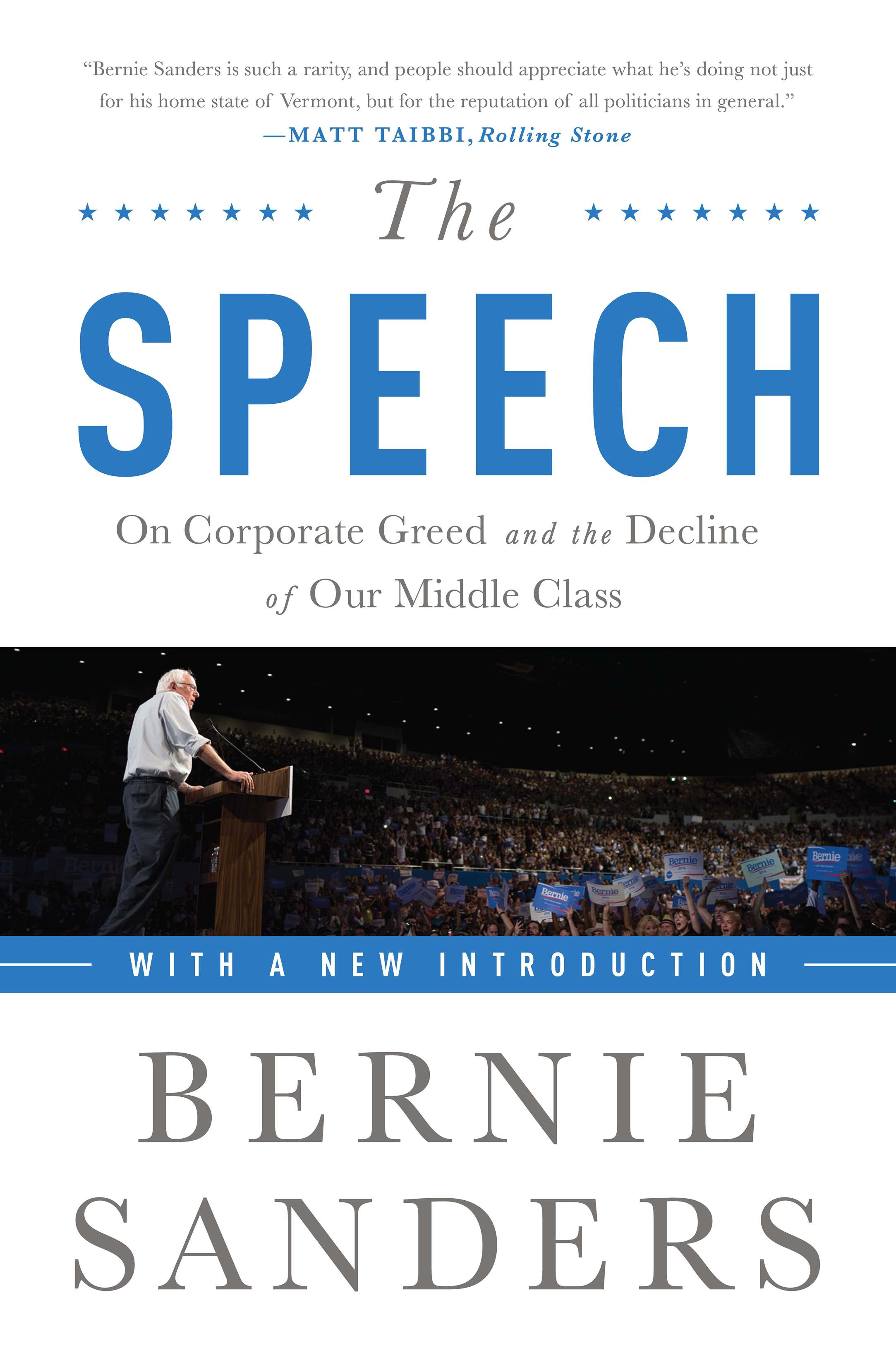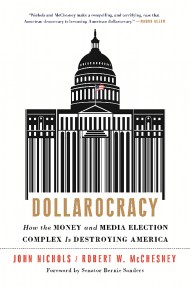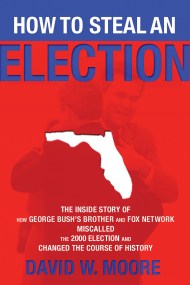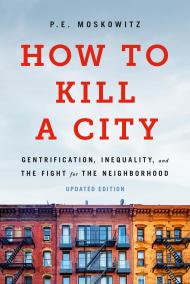By clicking “Accept,” you agree to the use of cookies and similar technologies on your device as set forth in our Cookie Policy and our Privacy Policy. Please note that certain cookies are essential for this website to function properly and do not require user consent to be deployed.
The Speech
On Corporate Greed and the Decline of Our Middle Class
Contributors
Formats and Prices
- On Sale
- Dec 22, 2015
- Page Count
- 288 pages
- Publisher
- Bold Type Books
- ISBN-13
- 9781568585543
Price
$9.99Price
$12.99 CADFormat
Format:
- ebook $9.99 $12.99 CAD
- Trade Paperback $21.99 $28.99 CAD
This item is a preorder. Your payment method will be charged immediately, and the product is expected to ship on or around December 22, 2015. This date is subject to change due to shipping delays beyond our control.
Buy from Other Retailers:
In his speech, Sanders blasted the agreement that President Obama struck with Republicans, which extended the Bush tax cuts for millionaires and billionaires, lowered estate tax rates for the very, very rich, and set a terrible precedent by establishing a “payroll tax holiday” diverting revenue away from the Social Security Trust Fund, threatening the fund’s very future. But the speech was more than a critique of a particular piece of legislation. It was a dissection of the collapse of the American middle class and a well-researched attack on corporate greed and on public policy which, over the last several decades, has led to a huge growth in millionaires even as the United States has the highest rate of childhood poverty in the industrialized world. It was a plea for a fundamental change in national priorities, for government policy that reflects the needs of working families, and not just the wealthy and their lobbyists.
Finally, Sanders’ speech-published here in its entirety with a new introduction by the senator-is a call for action. It is a passionate statement informing us that the only people who will save the middle class of this country is the middle class itself, but only if it is informed, organized, and prepared to take on the enormously powerful special interests dominating Washington.
Newsletter Signup
By clicking ‘Sign Up,’ I acknowledge that I have read and agree to Hachette Book Group’s Privacy Policy and Terms of Use
